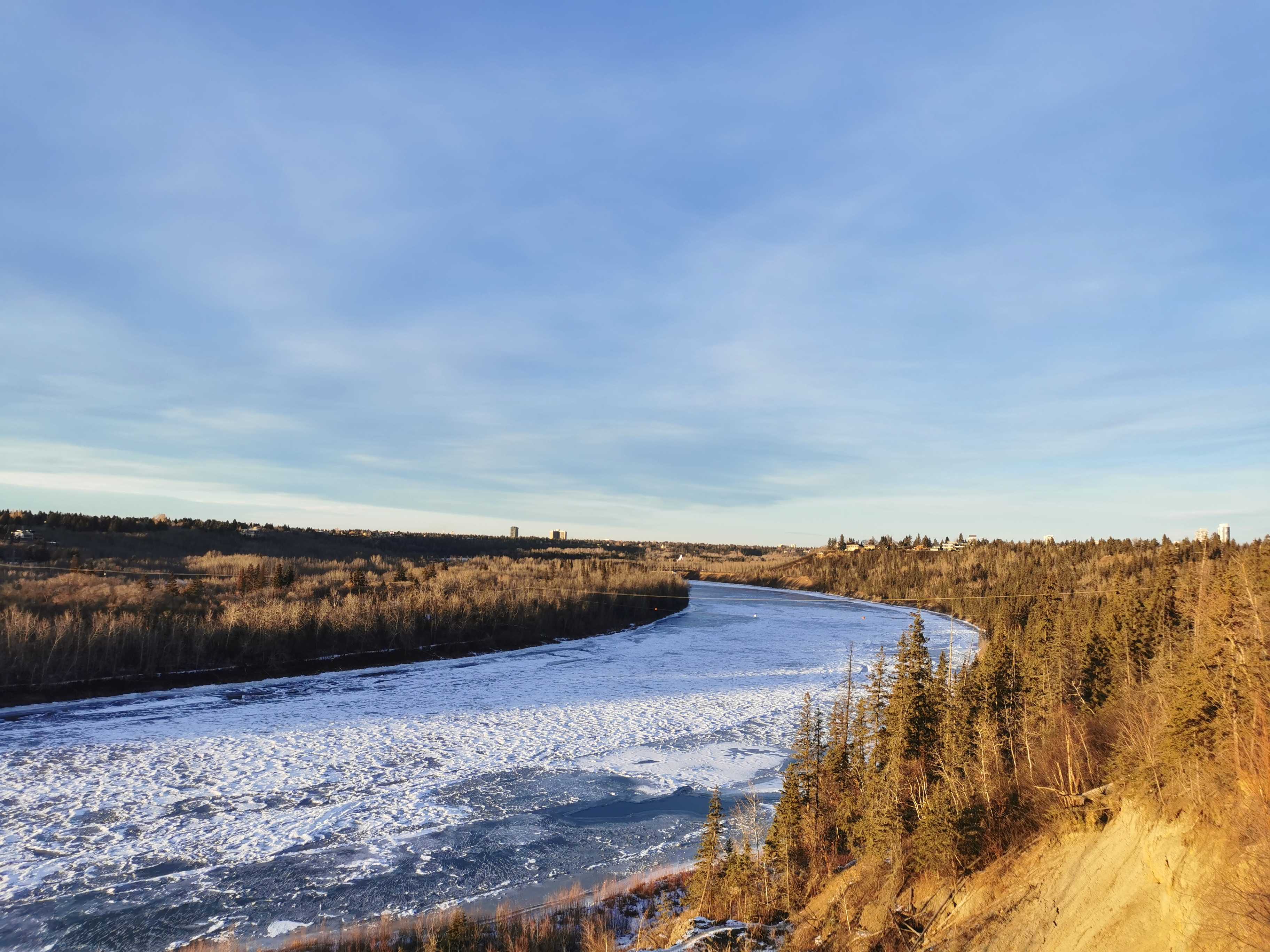Our research group aims to advance process-based hydrologic modeling, and its applications in predicting extreme hydrologic events, including floods and droughts, and assessing climate change impacts. Specifically, we seek to: (a) uncover the underlying causes of extreme hydrologic events, (b) enhance the representation of hydrologic processes in models, (c) improve the efficiency of large-domain parameter estimation, and (d) generate reliable ensemble hydrologic predictions for extreme weather and climate change. See below for examples.

Uncovering Flood Causes for Future Predictions
This research develops insights into the underlying causes of flooding events by leveraging advanced analytical techniques. We also examine the impact of climatic change on flood magnitude and frequency, and predict future floods by considering various environmental changes.

Enhancing Parameter Estimation
Accurate parameter estimation, or model calibration, is essential for enhancing model reliability and predictive capability. Our research uses machine learning techniques to improve the efficiency of sensitivity analysis and parameter estimation in large-scale hydrologic model applications.

Optimizing Model Spatial Configuration
Model complexity and process representation are highly dependent on spatial discretization, which is a process of dividing a domain into homogeneous computational units, such as grids or hydrologic response units. We work on finding out the appropriate model complexity to represent the spatial heterogeneity across scales.

Embracing Uncertainty in Hydrologic Forecasting
Hydrologic modeling and forecasting face various sources of uncertainty. We embrace uncertainty and work to accurately quantify the uncertainties in both historical and real-time meteorological and hydrometric observations. We also develop methodologies to utilize these uncertain data in hydrologic modeling, data assimilation, and flood mapping.